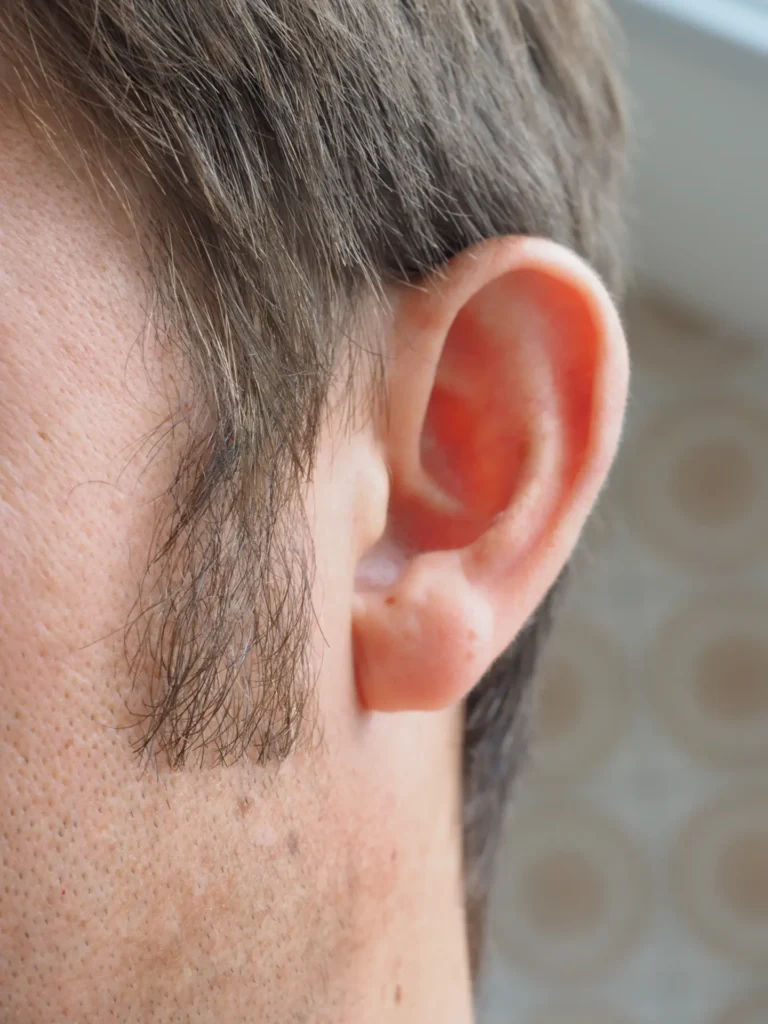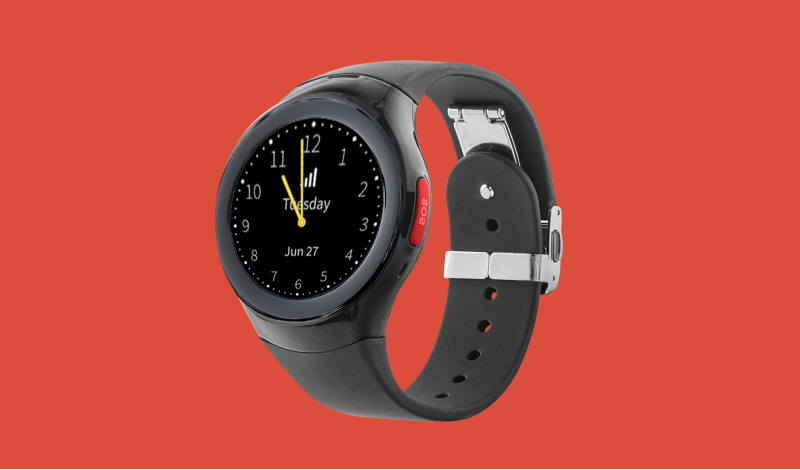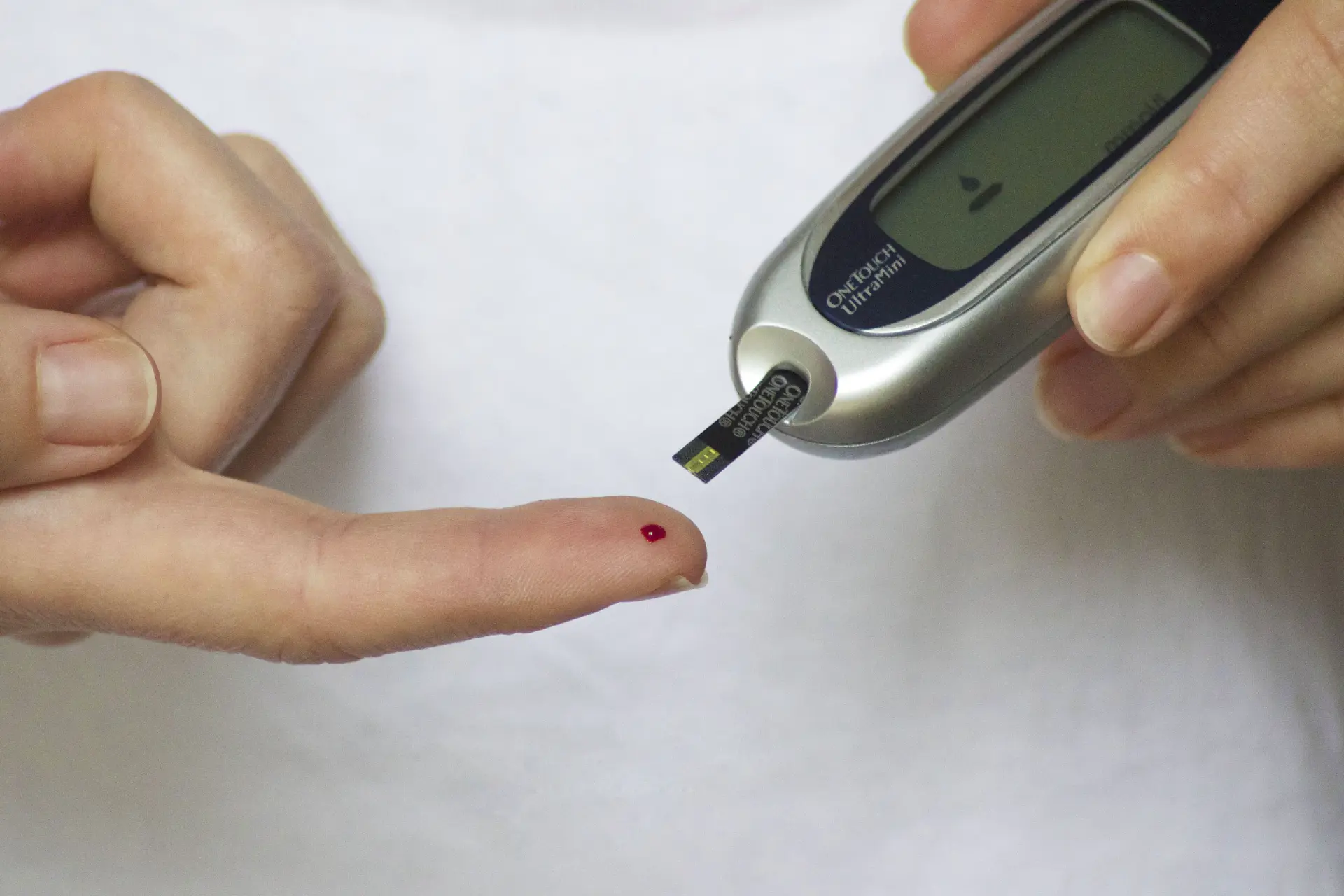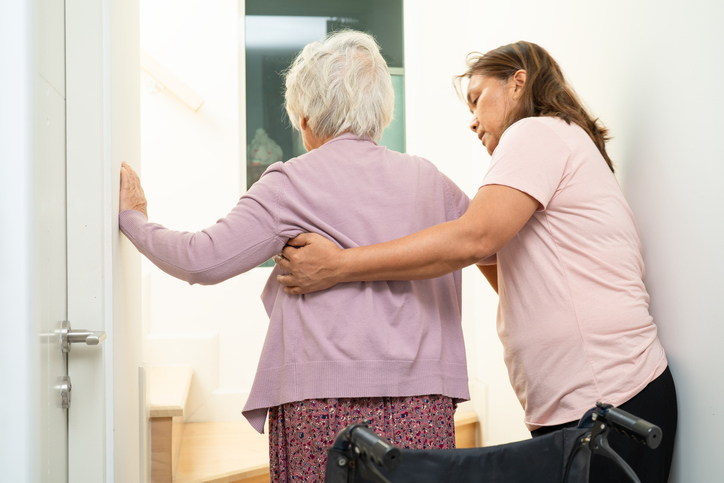Diabetes and hearing loss are two significant health concerns that have been found to have a surprising connection. While the exact mechanism linking these conditions is not fully understood, research continues to shed light on their relationship and potential implications for patient care.
The relationship between diabetes and hearing loss underscores the importance of a holistic approach to diabetes management. By maintaining good blood sugar control, adopting healthy lifestyle habits, and including regular hearing check-ups in their care routine, diabetic patients can potentially reduce their risk of developing hearing loss.
Understanding Diabetes
Diabetes mellitus is a chronic metabolic disorder characterized by elevated blood glucose levels. There are two main types. Type 1 diabetes is an autoimmune condition where the body actually attacks insulin-producing cells in the pancreas. Type 2 diabetes, the most common form, is a condition in which the body becomes resistant to insulin or doesn’t produce enough.

Preventing type 2 diabetes can be encouraged in several ways, including maintaining a healthy weight, performing regular physical activity, eating a balanced diet and limiting (ideally, eliminating) processed foods and sugary drinks. In short, being healthy in all the traditional ways can help ward off this condition.
Treatment for sufferers of type 2 diabetes typically includes blood glucose monitoring to keep levels within target ranges, oral medications, insulin therapy (for type 1 and some type 2 patients) and lifestyle modifications – getting back to that healthier balance of life again.
Understanding Hearing Loss
Hearing loss is a partial or total inability to hear sounds. It can be Conductive, affecting the outer or middle ear, Sensorineural (overwhelmingly the most common kind), affecting the inner ear or auditory nerve, and it can be a combination of both types.

Preventing hearing loss includes protecting ears from loud noises, getting regular hearing check-ups and avoiding ototoxic medications (medications such as some antibiotic and anti-inflammatory drugs that can produce hearing loss as a side effect) when possible.
Treatment options can include the use of hearing aids and other assistive listening devices – such as sound amplifiers not placed in the ear – speech therapy and cochlear implants.
The Diabetes-Hearing Loss Connection
Research has revealed a significant link between diabetes and hearing loss. The first indication is clinical observation that hearing loss is twice as common in people with diabetes compared to those without the condition. And individuals with prediabetes have a 30% higher rate of hearing loss than those with normal blood glucose levels.

In terms of the severity of a loss in hearing, diabetic patients are more likely to experience severe hearing loss, particularly those with poorly controlled blood sugar. And while diabetes-related hearing loss can affect anyone, it’s more commonly observed in individuals under 60 with long-standing diabetes
The exact cause of this relationship remains unclear. Several theories exist
- Vascular Damage. High blood glucose levels may damage small blood vessels in the inner ear, similarly as diabetes affects eyes and kidneys.
- Nerve Damage. Diabetes-related neuropathy might extend to the auditory nerves.
- Cellular Damage. Oxidative stress and mitochondrial dysfunction in diabetic patients could affect cochlear cells.
Recommendations for Diabetic Patients
The first task is maintain good blood sugar control by monitoring glucose levels regularly, sticking to a diabetes-friendly diet and exercising for at least 30 minutes daily. Patients should aim for a moderate body weight, maintaining healthy blood pressure and cholesterol levels, and of course take diabetes medications as prescribed.

People with diabetes should consider getting hearing checkups as part of regular diabetes care schedule, and get a baseline hearing test when first diagnosed with diabetes. For all people, but especially those with diabetes, it’s beneficial to protect the ears from loud noises, decreasing the volume of TV/radio, taking breaks when listening to loud music, and using hearing protection like earplugs or earmuffs when exposed to loud noises – or at a minimum, limiting time exposed to unavoidable loud noises.
We should all get regular hearing assessments, ideally with an annual hearing test, as well as practice good ear hygiene, and use equipment designed for quiet operation when possible. And for all people, managing stress through meditation, breathing exercises and quality sleep is always a health benefit.















